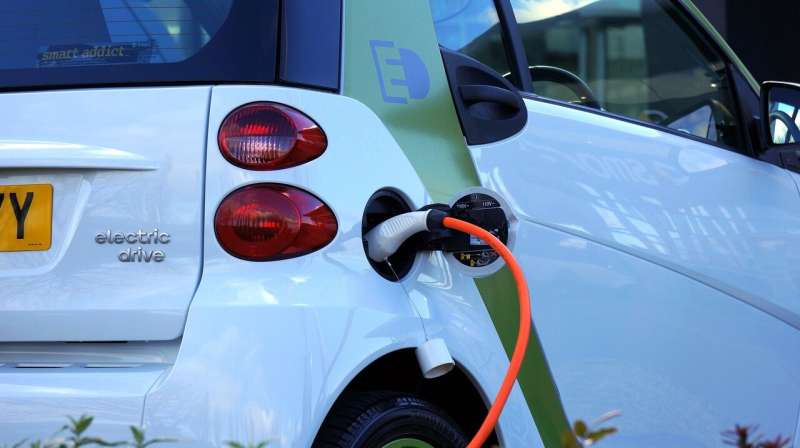Alternative fuels originating either from renewable or circular-economy feedstock decrease particle number emission

Alternative fuels originating either from renewable or circular-economy feedstock will not bring penalties in terms of number-based particle emissions in high- or medium-speed non-road engines. This is a conclusion of Teemu Ovaska's doctoral dissertation in the field of Energy Technology.
Engine manufacturers, fuel producers and refiners in particular, as well as authorities, can utilize the conclusions of the dissertation.
"The principle novelty of my dissertation is its evaluation of completely new alternative fuels from the perspective of particle number emissions," says Teemu Ovaska who defends his doctoral thesis at the University of Vaasa.
Ovaska's dissertation aimed to evaluate how different alternative fuels affect the exhaust particle number in high- and medium-speed engines.
Circular-economy-based marine diesel fuel and a blend of renewable naphtha and fossil fuel reduced the exhaust total particle number in a medium-speed engine compared with neat light fuel oil. Medium-speed engines are widely used for electrical power generation on land and at sea.
In a high-speed non-road engine, increasing the share of renewable diesel in the fuel blend consistently reduced the exhaust particles. At low idle, neat renewable diesel reduced ultrafine particles significantly. Similar non-road engines are used for example in agriculture and forest machines.
The need for new liquid fuels and fuel blends will remain over the next few decades although the use of natural gas as the main fuel has increased in the combustion engines that are used for electrical power generation on land and at sea.
New fuels are needed very soon in order to meet global emission reduction targets. Finland's current energy and climate strategy from 2016 defines the national targets for 2030. According to the strategy, the fastest way to decrease greenhouse gas emissions from the transport sector is to replace fossil fuels with renewable or low-emission fuels.
"The same strategy is applicable also for non-road sector, and furthermore, particle emissions will cut down alongside the greenhouse gas emissions," Ovaska says.
Vital clean air
In 2018, the World Health Organization (WHO) told that the air is polluted for the nine out of 10 people around the world. Furthermore, WHO estimated that seven million lives each year are exposed to potentially fatal diseases as a consequence of breathing polluted air that contains fine particles.
Fatal effects of particles on human health are usually associated with the concentrations of particles of different sizes in the ambient air. The smallest particles are found to have the most detrimental effects on human health. These particles may deposit into the respiratory system and may penetrate into the cardiovascular and even cerebrovascular system via respiratory organs.
Regardless of an engine application, harmful pollutant emissions are tightly regulated worldwide. The regulations are made to inhibit the effects of pollutants on ambient air quality, human health and climate change. The exhaust particulates are also regulated. The regulations are based on two kinds of measures: either the particle number or mass. Ovaska selected the particle number as the main measure of his dissertation.
"Although the weighed mass of exhaust particles is low, the number of particles may be very high. Therefore, the particle number describes the adverse health effects of exhaust fine particles more precisely than particulate mass," Ovaska explains.
The results of Ovaska's doctoral dissertation based on five experimental studies in which the particle numbers were determined at the combustion engine laboratories of the Technobothnia Research Center and Vaasa Energy Business Innovation Center (VEBIC) in Vaasa.
More information: Exhaust Particle Numbers of High- and Medium-Speed Diesel Engines with Renewable and Recycled Fuels. urn.fi/URN:ISBN:978-952-476-929-7















